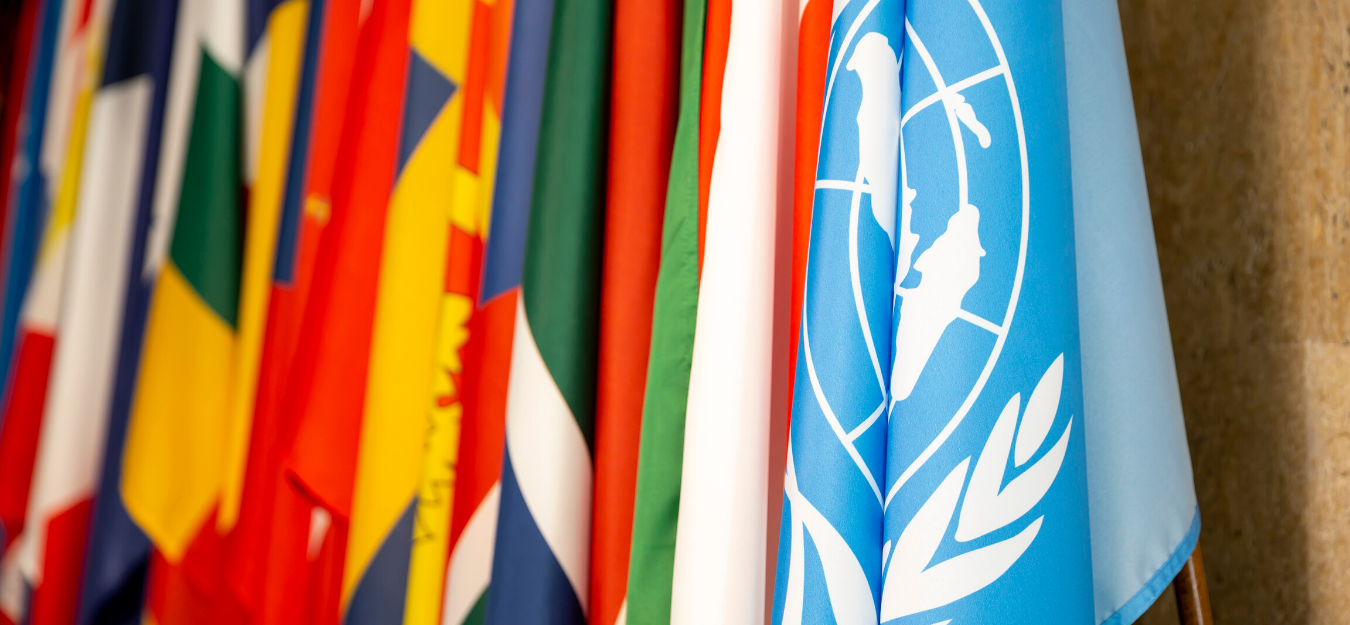LONDON, March 8 – Almost every country in the world is failing to live up to the pledges they have made to eradicate explicitly sex discriminatory laws, finds research by legal experts. Only eight countries have achieved legal equality, meaning billions of women and girls still do not enjoy the same rights as their male counterparts.
As the international community gears up to observe International Women’s Day on Sunday, March 8, women’s rights organization Equality Now has released a new report, Words and Deeds: Holding Governments Accountable in the Beijing+25 Review Process, which includes examples of explicitly sex discriminatory laws around the world that continue to harm women and girls, and their families.
In 1995, at the UN’s 4th World Conference on Women in Beijing, 189 governments agreed on a comprehensive roadmap to advance rights for women and girls, and achieve gender equality. As legal equality is an essential component, one of the commitments made by States was that they would “revoke any remaining laws that discriminate on the basis of sex”.
To keep countries accountable to the plan outlined in the Beijing Platform for Action, Equality Now has been tracking these laws for 25 years and has conducted periodic reviews on sexist legislation around the world.
A quarter of a century on and gender equality is far from a reality. Although there has been some progress, it has been slow and inconsistent and legal equality for women and girls has not been achieved by the vast majority of States.
For example, in 59 countries there are no laws on sexual harassment in the workplace, and in 18 countries husbands are legally allowed to prevent their wives from working. Meanwhile, 104 countries have laws that prevent women from working in specific jobs, according to U.N. Women.
Human rights lawyer and report lead author, Antonia Kirkland explains the importance of monitoring these laws:
“Discriminatory laws make true gender equality impossible. Until women and girls have legal equality, we will also continue to see the proliferation of harmful practices such as child marriage and gender-based violence. We must remain vigilant and continue to demand that States take action to reform all sex discriminatory laws, without exception.”
A focal point of the report is family law, a legal realm that covers marriage, divorce, polygamy, wife obedience, custody and guardianship, as well as property rights and inheritance.
Examples of countries that have explicitly sex discriminatory family laws include Iraq and Nigeria, where domestic violence is explicitly allowed, and the Bahamas, India, Singapore, and Yemen, where marital rape remains legal.
Child marriage is legal in countries such as Cuba, the Dominican Republic, Tanzania, and the United States, where there is no federal law on child marriage and the minimum age of marriage is effectively below 18 years old in 48 states.
Sexist laws that prevent daughters from inheriting the same proportion of assets as sons exist in 39 countries, including in Tunisia and the United Arab Emirates, according to the World Bank.
While in Syria and Egypt, their penal codes allow a lesser punishment for men who murder their wives in so-called ‘honor’ killings.
Equality Now’s Global Executive Director, Yasmeen Hassan noted that discriminatory family laws have proven to be intractable to eradicate. Many are rooted in religion, ethnic identity, traditional culture, and customs, which make them especially difficult to reform, and the women’s rights movement has long been expected to maneuver around them out of respect for “religious freedom.”
Attempts at bringing about change are often portrayed as a threat to group identity and rights, and this is used as justification to resist demands for reform towards further equality.
The right to culture and freedom of religion are also human rights, but they cannot quash a person’s fundamental human right to equality and non-discrimination.
Hassan explains that,
“Countries that have such discriminatory laws are at the bottom of the Gender Inequality Index as discrimination at the basic level of society is almost impossible to overcome. If a man can prevent his wife from going to work in the first place, it makes no difference to her whether there is a law in place preventing workplace discrimination or guaranteed equal play. Thus it is critical for advocates for equality to join hand-in-hand with women in religious frameworks to take on these laws so that all women are able to live with equality, dignity, and respect.”
However, there is some good news. Nearly half of the discriminatory laws that Equality Now has highlighted in successive reports since 1999, have been repealed, reformed, or voided.
Successes include in Kuwait, where women now have the right to vote, and in Algeria and the Democratic Republic of the Congo, where wife obedience is no longer mandated.
So-called “marry your rapist” laws, which enable a rapist to escape punishment by marrying his victim, have been repealed in many countries, including Costa Rica, Ethiopia, Guatemala, Lebanon, Palestine, Peru, and Uruguay. But these types of legal loopholes remain in Kuwait, Libya, Thailand, and elsewhere.
Without good laws, women and girls have no formal recourse to protect and promote their rights and cannot fully participate in society. Legal equality is also essential to meeting internationally agreed development goals for the greater inclusion and prosperity of all.
Governments must urgently turn words into deeds and finally repeal or amend all laws that discriminate on the basis of sex so that all women and girls can enjoy their rights and live as equal partners in their families, communities, and society.
